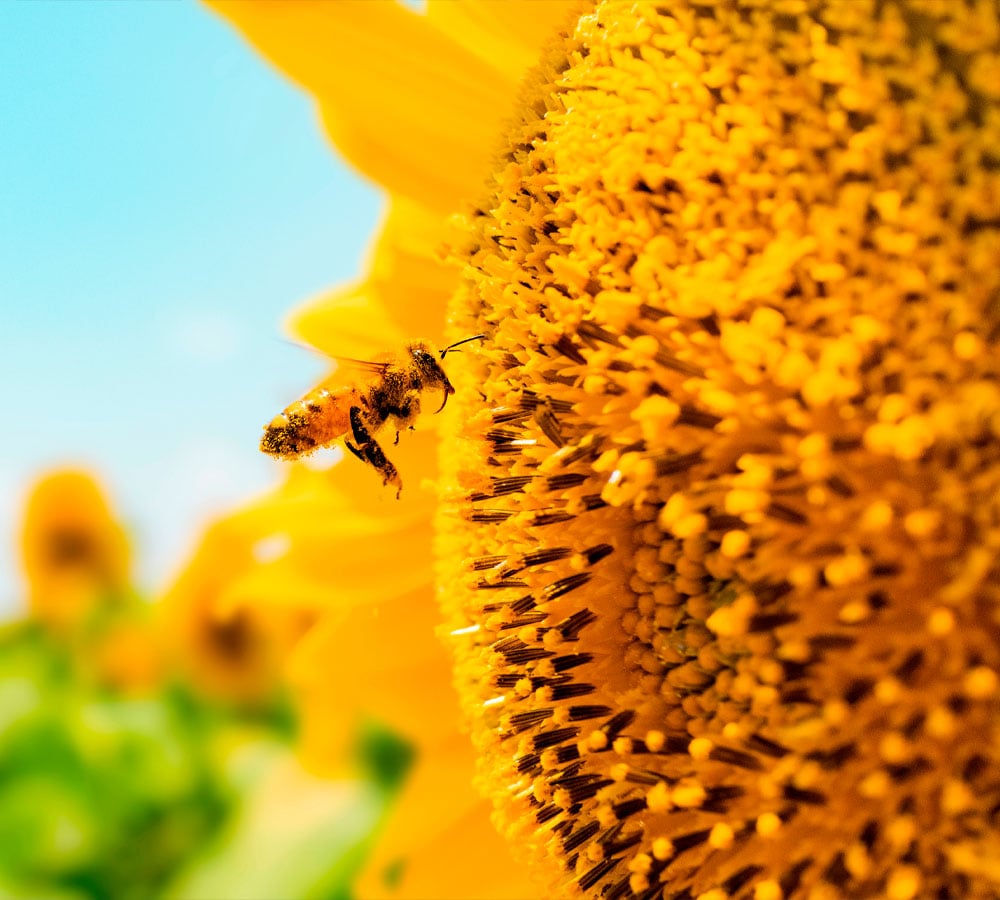Jordan is a country with a rich history and a striking diversity of nature: from desert to mountains and forests, with the Dead Sea and, of course, Petra, one of the seven wonders of the world. Yet this picture contrasts sharply with how the country's waste system is set up. While water is scarce, plastic bags blow across the desert and waste disposal is an economic rather than an environmental challenge.
In the blog series "A look at waste from..." we look beyond the borders of the Netherlands and Belgium. For how do other cities and countries deal with their waste streams? What can we learn from them- and what not? In this blog we zoom in on Jordan: a country with over 11 million inhabitants and almost 2.5 times the size of the Netherlands. Read along.
From linear to circular: where does Jordan stand?
The waste system in Jordan is still very much linear. Many products are imported, briefly used and then discarded, with no reuse or recycling broadly embedded. In cities like Amman, waste is collected and dumped-usually without separate collection. In rural areas, this happens even less structurally and waste is often burned in oil drums by locals.
then discarded, with no reuse or recycling broadly embedded. In cities like Amman, waste is collected and dumped-usually without separate collection. In rural areas, this happens even less structurally and waste is often burned in oil drums by locals.
Yet circular economy is now on the agenda. For several years, the Jordanian government has been working on a national roadmap toward circularity.
Plastic waste
According to the World Bank, an average household in Jordan produces about. 0.9 kg of waste daily, much of which consists of lightweight packaging: plastic bottles, bags and trays. Plastic is cheap and functional in the hot climate, but pollutes rivers, cities and deserts. Currently, less than 10% of this plastic is collected and recycled.
Can legislation help?
The challenge around packaging waste also plays out in Europe. To address this problem, the SUP-Directive (Single Use Plastics) has been introduced and the PPWR (Packaging & Packaging Waste Regulation) is being worked on. This legislation may inspire Jordan. Such measures quickly bring about waste reduction, for example through: a ban on free plastic bags, producer responsibility for packaging, also encouraging Jordanian companies to develop sustainable alternatives. In addition, subsidies or tax breaks can encourage circular innovations.
With this type of targeted legislation, Jordan can:
- Dramatically reduce plastic pollution in public spaces. Banning or pricing plastic bags and other disposable items will visibly reduce the amount of litter.
- Build a local recycling industry. Instead of exporting or dumping waste, Jordan can invest in its own recycling facilities, creating new jobs and reducing dependence on imports.
- Encourage young people and startups to develop circular solutions. With subsidies or tax breaks, innovative entrepreneurs have the opportunity to invent alternatives to plastic packaging or introduce new recycling techniques.
This would allow the country to leap from linear practice toward circular, provided legislation is supported by education, infrastructure and funding.
Finally, what does the world say?
The recent International Court of Justice ruling on the right to a livable climate strengthens the position of countries like Jordan. With few historical emissions but major climate risks, the country can now enlist international support for circular transitions - including on waste.
This puts Jordan at a crossroads: stick with the linear system or accelerate its commitment to circularity. With the right legislation and international support, the country can literally and figuratively bring the desert to fruition.

Read also

A view of waste from New York
Stayinginformed
Want to stay informed about all new developments? Follow us onLinkedIn, or subscribe to the newsletter. Are you curious about what Milgro can do for your operations and waste process? Then get in touch.













